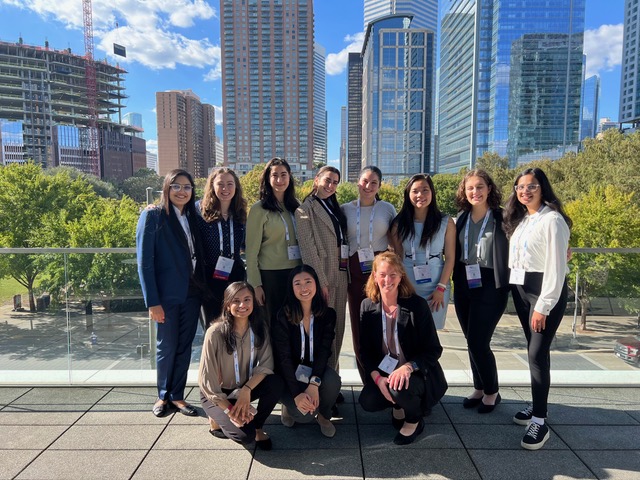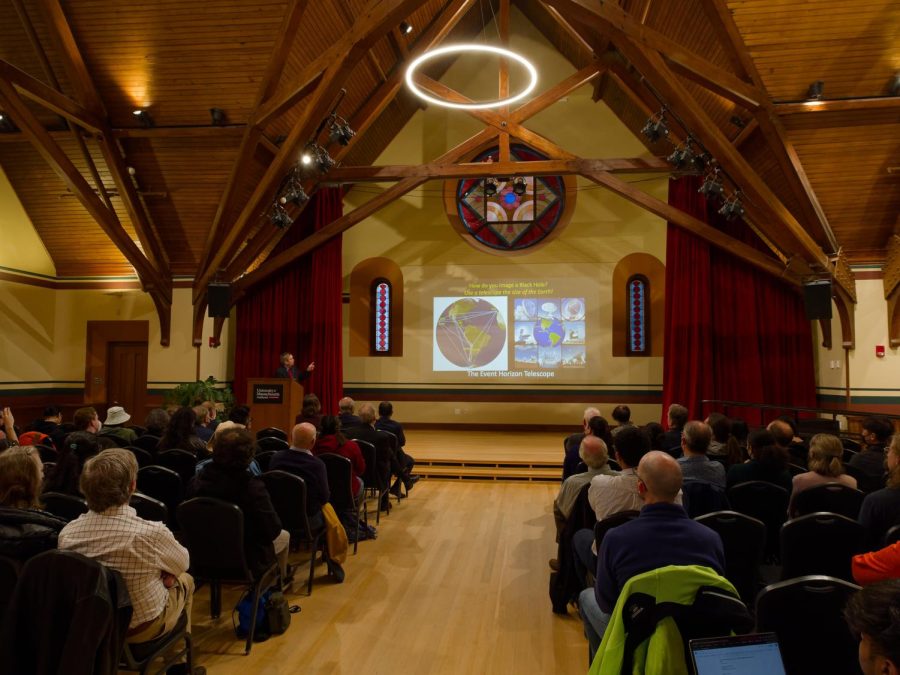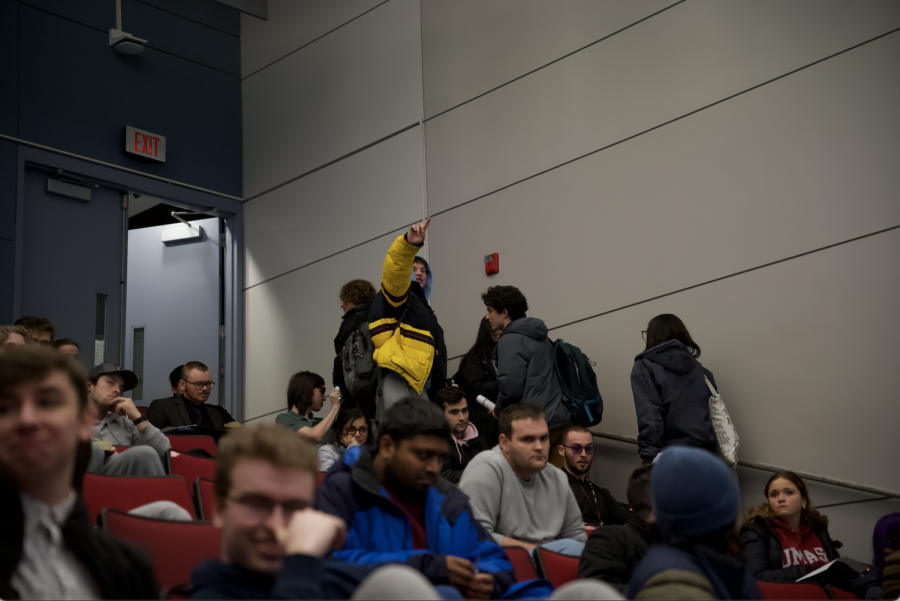
Anonymity and privacy are a rarity in the 21st century, and perhaps that’s what makes the smartphone app Yik Yak so appealing – with no credential necessary to post, a person could write something and nobody would ever know.
Yik Yak is an iPhone and Android app that allows people over the age of 17 to post 200 character messages about anything without revealing their name. The messages can be seen by anyone within a radius of a mile and a half of the post.
The app was launched in Nov. 2013, inspired by various Twitter accounts on college campuses revolving around confessions or crushes. Creators Tyler Droll and Brooks Buffington, graduates of Furman University, wanted to give everyone the power to post messages anonymously instead of just the administrators of the crush or confession Twitter accounts.
The goal, according to Yik Yak Community Developer Cam Mullen, is to move news and gossip out of certain social circles where it may get stuck and into the campus as a whole.
“It’s based on content and content alone,” he said, adding, “(And) when you’re talking to strangers, you want to keep your privacy.”
But there’s fear that this anonymity exacerbates cyberbullying, often a side effect of allowing people to confront each other from behind computer screens instead of face-to-face interaction. A recent opinion piece published by the Amherst Wire called Yik Yak “the newest tool for cyberbullying,” and cited several examples of crude and inappropriate messages targeting certain people.
Mullen admitted bullying may be a problem on Yik Yak, as it would be on any platform of its type, but said the company is taking steps to combat the negativity. The app filters for keywords related to cyberbullying and racism, and moderators work around the clock to monitor the messages, deleting certain posts and suspending or blocking users who continue to abuse the app.
Mullen also said that users on Yik Yak often self-police the community using the “upvote” and “downvote” option next to each message, allowing users to choose the most popular messages, but also allowing them to censor certain messages – if a post receives a vote total of negative five, it gets removed. Users also have the option of reporting messages directly to moderators.
The developer also pointed out that although the app allows anonymity between users, Yik Yak has an ID for every user, meaning the app is never truly anonymous. Yik Yak has cooperated with administrators and authorities in the past when certain messages get posted that allude to dangerous or illegal activity.
Kelsey Ventura, a junior at the University of Massachusetts, said she uses Yik Yak because “it’s interesting to hear about things on campus I didn’t see.” Ventura said bullying happens on Yik Yak, but it always gets deleted or downvoted.
Jim Spisto, junior, likes the anonymity of the app and couldn’t recall any bullying he had seen on Yik Yak. He said a few people had been called out by name in the app but in his experience, it always got downvoted.
Other students agreed, saying bullying on Yik Yak isn’t a problem at the UMass. In certain environments, such as smaller or more close-minded schools, the app could lead to bullying, one said, but UMass’ Yik Yak feed isn’t a problem.
Other schools, such as Vermont’s Norwich University, have banned the use of Yik Yak on their Wi-Fi. The student government at Emory University in Georgia is pushing for a resolution to ban the app across campus.
Several school districts across the country have also banned the app, but Yik Yak already has geo-fences around 85 percent of elementary, middle and high schools in the U.S., making it unusable within a certain radius of most primary and secondary schools.
Patrick Hoff can be reached at [email protected].


















